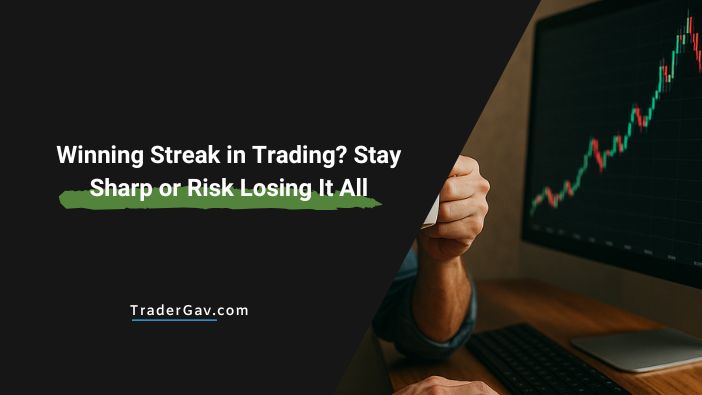
I used to think trading micro lots was a joke.
Too small. Too slow. “Not real trading.”
That was my ego talking.
Here’s what micro accounts really teach you:
Discipline. Precision. Patience.
You don’t get to muscle your way through mistakes.
You don’t get lucky with size.
You can’t afford to skip journaling or wing it — every trade has to count.
There’s no room for cowboy trading when your position is measured in cents.
But that’s exactly what makes it powerful.
Because if you can stay consistent with a $300 account,
you’ve already built the habits that scale.
Risk control. Emotional stability. Setup selection.
That’s the work. The lot size is just the volume knob.
Big accounts magnify.
Micro accounts reveal.
So yeah, I respect the small.
Because that’s where the real work starts.
— Gav, with coffee
Side note: If you’re building from the ground up, my Back to Basics of Trading series might give you a head start.






